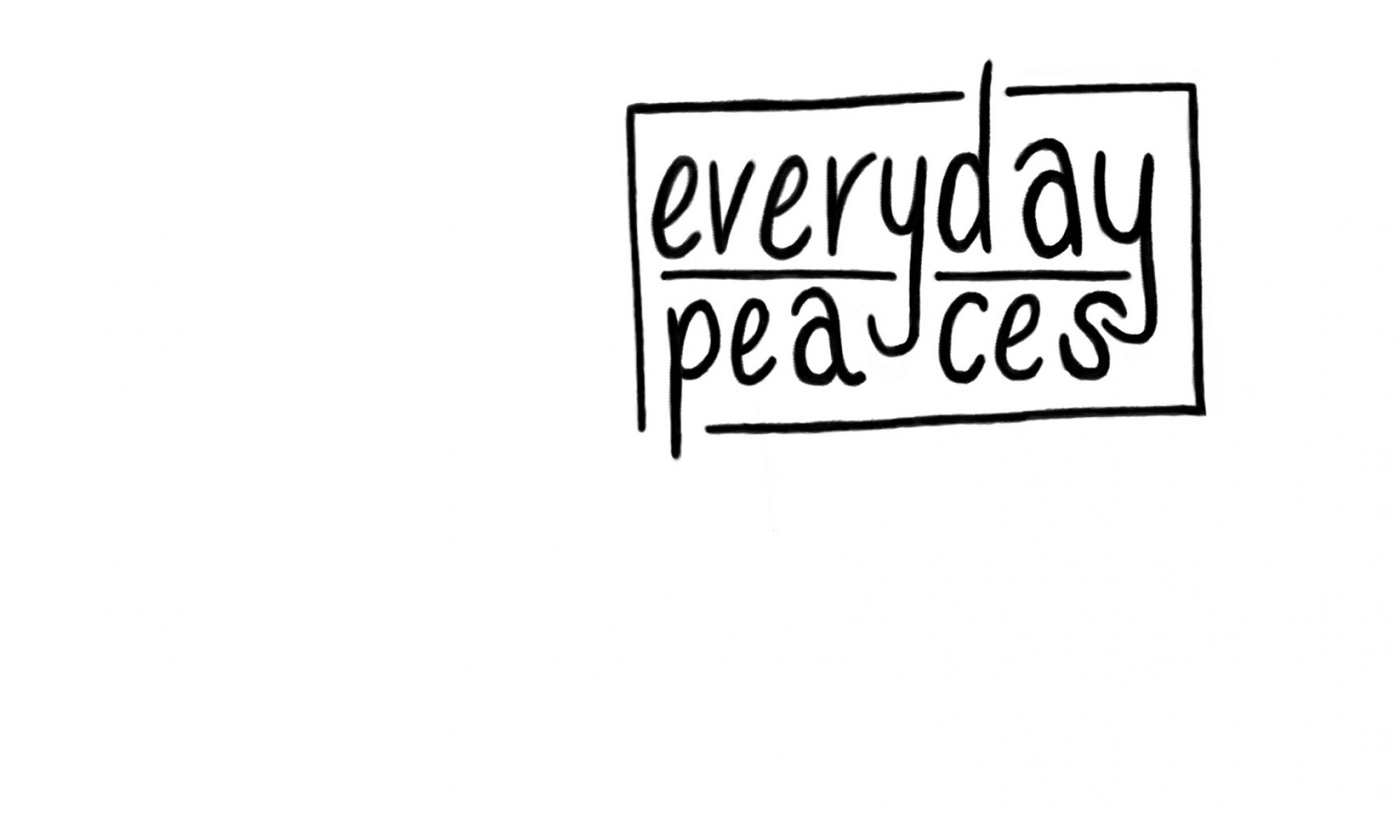The context for this story is this: as the daughter of Yugoslavian guest workers, this girl was sent in the summer before entering primary school, to Yugoslavia. Without knowing land and language. How was that for her?
“[…] At the beginning of course, I was distracted by all the animals that were there— dogs, cats, cows, horses and goats— and that was all fun for me, but still the poverty… it just was present. My grandmother did not have a fridge, up to that point it had been somethings totally natural to have a fridge; she did not have a bath, when I had to bathe then there was a big plastic tub carried outside for that and water heated up on the oven. I had very long hair, and they did not have a hairdryer, to blow-dry my hair. My mum had to bring one from Germany. Also, they were very poor. The toilet was behind the house, it was a pit toilet. All of that I did not know from Germany. But it was also fascinating, it was amazing. We played throughout the whole night, catching insects, glowworms, letting old shoes swimming in a pond of slurry, riding on a horse, milking cows, so it was very exciting. I grew up there with my two uncles, they were a bit older than me and took care of me. The language I learned then within a few weeks, that went very quick. There was no one there, so you had to learn to speak.”
Do stories always need a moral? If yes, then I would say: of course life is difficult, but it can be beautiful at the same time. It is not like money would not matter, or that poverty is romantic, but beauty and joy can also be found without money.
